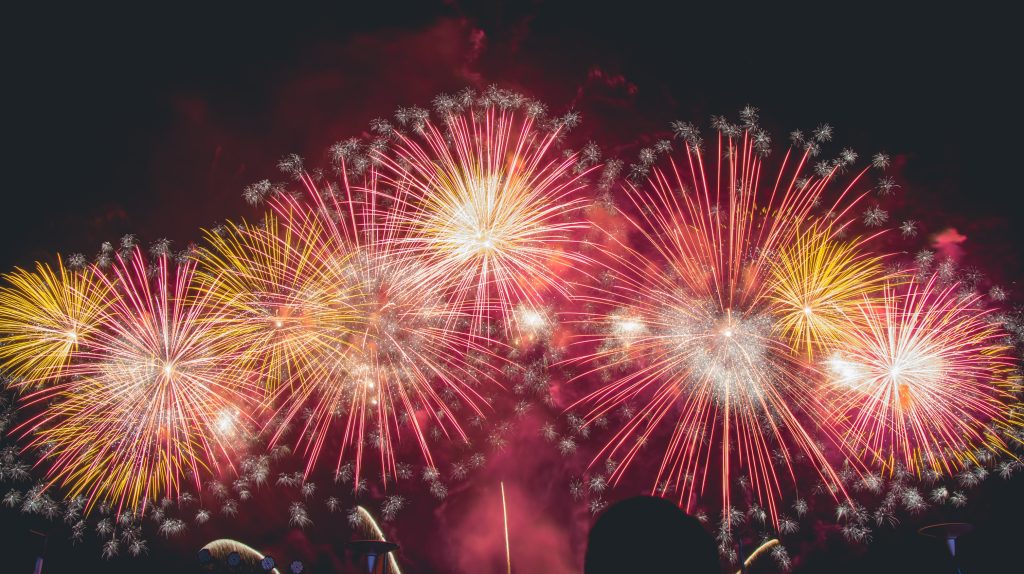The Lunar New Year, also known as Chinese New Year, is actually celebrated in many different Asian countries. China, Vietnam, Taiwan and South Korea are just a few of the countries that celebrate the Lunar New Year. In the lunar calendar, the New Year depends on the moon’s cycles, and it ends 15 days after the next full moon. The lunar calendar has 30 and 29 day months, and according to Forbes, some people choose to celebrate their birthdays according to the lunar calendar.
The Lunar New Year this year was on January 25 and ushered in the year of the rat. Each year in the lunar calendar corresponds to a different animal (rat, ox, tiger, rabbit, dragon, snake, horse, goat, monkey, rooster, dog, or pig). The New Year is a major celebration in Asian countries, but more than that, it represents a new start that brings good luck and fortune. In Fredericton, there are many international students who celebrate the Lunar New Year. Students were eager to share their stories and experiences of traditional activities and celebrations for the Lunar New Year.
“The Lunar New Year means unity—we gather to see each other and spend time together,” said Wohee Cho. Cho, a Korean UNB student, said his two favourite things of the Lunar New Year were spending time with his family and the traditional Korean food such as Tteokguk which is rice cake soup. Even though his family is busy, they make time to see each other.
Duc Le, a UNB alumni from Vietnam, said Lunar New Year celebrations vary from country to country. Le explained that the New Year represents a time for family members to return home and reunite with their loved ones. Before the New Year begins, they clean every part of their household and then proceed to use red decorations, as well as tangerine trees, peach blossom trees or yellow apricot blossom trees to decorate their homes. Back in Vietnam, Le said fireworks went off in every corner of his neighbourhood. However, it is mostly a time to spend with your family and the day is often spent with their grandparents.
Another traditional activity of the Lunar New Year is the gifting of red envelopes. The envelopes usually contain money, and depending on family traditions, the envelopes are given to only the children of the family or they have all the family members exchange them.
Tri Trinh, a current UNB student, said his family usually visits other family or friends homes to wish them well and exchange envelopes. They would also have traditional food, music and dances.
Xindi Yu, a Chinese UNB student, said they get seven days off for Lunar New Year, and that people celebrate the New Year for as long as 15 days! In China, there is a city party, a firework show and a New Year gala.
“Just like western people can’t live without Christmas, we can’t live a new year without a Lunar New Year celebration,” expressed Xindi.
People renew their wardrobes, and they also have a good excuse to forget about their homework, said Xindi.
The Vietnamese and Chinese communities in Fredericton hosted Lunar New Year celebrations which allowed many students with the same tradition to join them.




